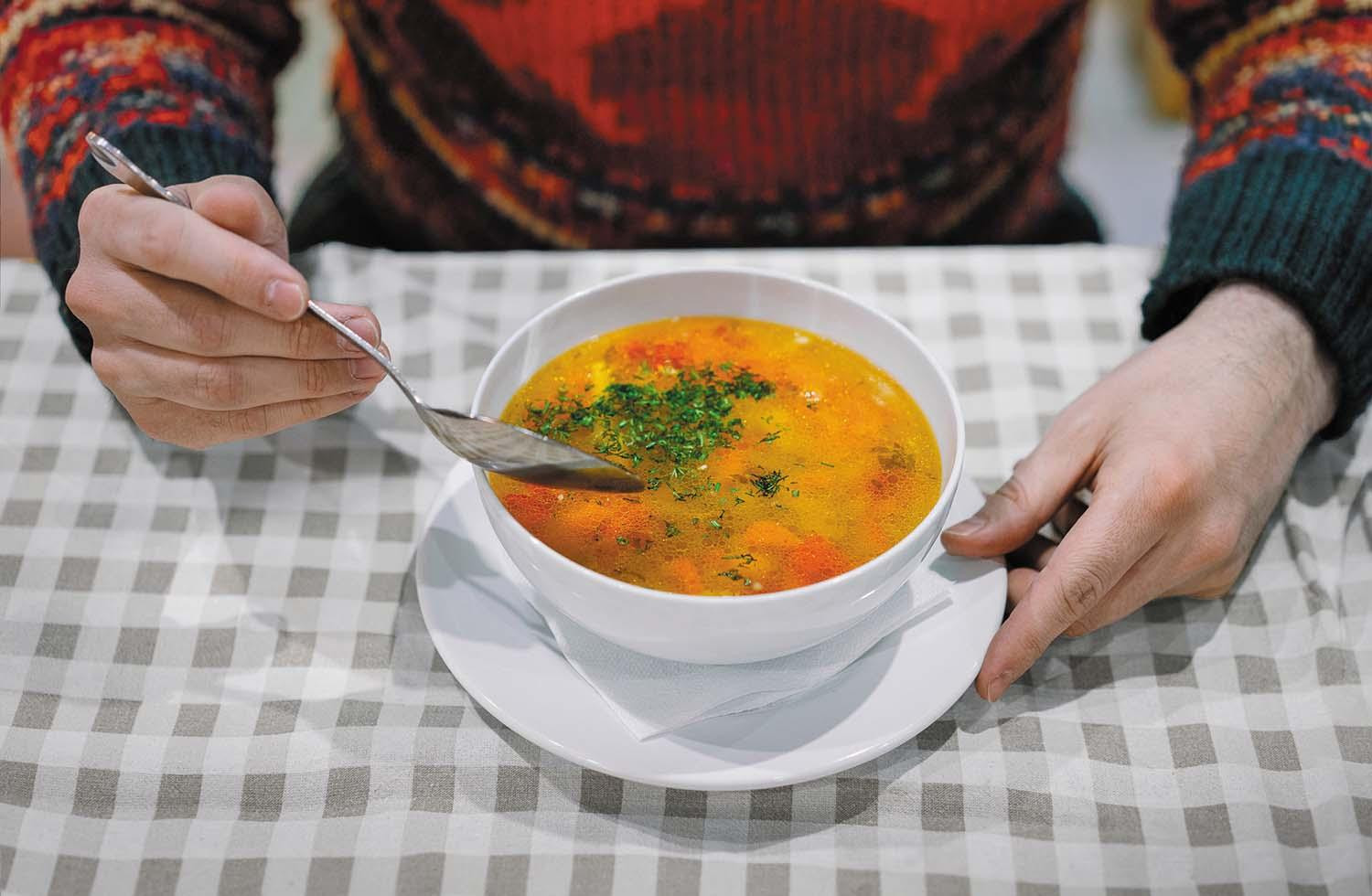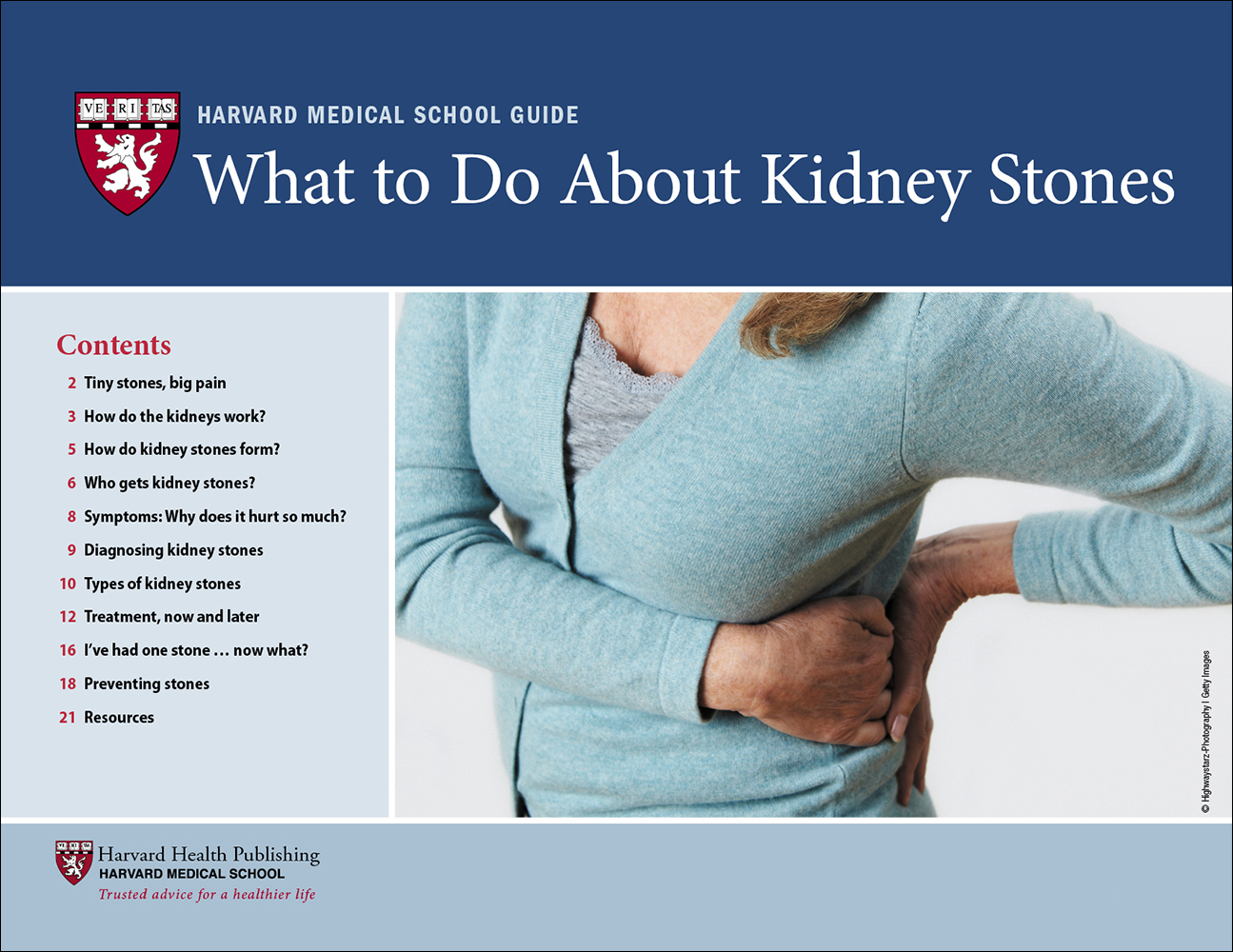How can I keep my kidneys healthy?
On call

Q. According to my most recent blood work, my creatinine level is just above the normal range. What does this level say about my kidney health, and what are the best ways to keep my kidneys healthy?
A. Doctors use blood creatinine levels to assess kidney function. Creatinine is a waste product that is released from muscle cells into the bloodstream. The kidneys filter creatinine from the blood and remove it from the body through urine. If the kidneys start to lose function, blood creatinine level rises. This minor reduction in kidney function may be temporary. But even if it is permanent, there’s a lot you can do now to slow and even prevent future damage. Here are some examples.
Manage blood pressure. High blood pressure is a major contributor to kidney disease progression. High blood pressure can damage the kidney’s filters and small blood vessels.
Control blood sugar levels. Slightly elevated blood sugar levels often mean a person has prediabetes, a precursor for type 2 diabetes. Diabetes is the top cause of chronic kidney disease because persistent excess sugar exposure damages tiny blood vessels in the kidney.
Reduce salt. The sodium in salt can cause your body to retain fluid, and excess sodium can raise blood pressure. The Dietary Guidelines for Americans recommend limiting sodium intake to less than 2,300 milligrams per day.
Limit alcohol intake. Don’t have more than one standard drink per day (see page XX). Regular excessive alcohol drinking increases the risk for high blood pressure and contributes to weight gain, both of which make the kidneys work harder.
Lose excess weight. If you’re overweight or obese, your kidneys must handle a greater blood flow and higher pressures within the kidney filters. This increases the risk of long-term kidney injury.
Stop smoking. Smoking damages blood vessels, including those providing oxygen and nutrients to the kidneys.
Exercise regularly. Heart-pumping aerobic exercise helps blood vessels in the kidney stay flexible to allow easy movement of blood through the kidneys’ filters.
Stay hydrated. Getting enough fluids each day, from water or watery foods like fruit, vegetables, and soup, helps the kidneys flush out toxins from the body. For most men, a daily fluid total of 15 cups is a good goal.
Limit over-the-counter painkillers. High doses of nonsteroidal anti-inflammatory drugs, such as ibuprofen (Advil, Motrin) and naproxen (Aleve), can cause kidney damage and worsen existing kidney disease. Follow dosing directions carefully.
Image: © Adriana Duduleanu/Getty Images
About the Author

Howard E. LeWine, MD, Chief Medical Editor, Harvard Health Publishing; Editorial Advisory Board Member, Harvard Health Publishing
Disclaimer:
As a service to our readers, Harvard Health Publishing provides access to our library of archived content. Please note the date of last review or update on all articles.
No content on this site, regardless of date, should ever be used as a substitute for direct medical advice from your doctor or other qualified clinician.
















